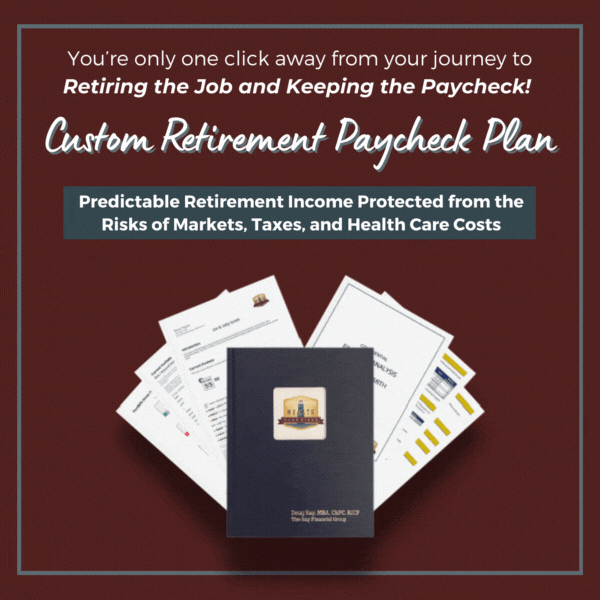 Sometimes a 401(k) loan makes sense, but there are a lot of considerations
Sometimes a 401(k) loan makes sense, but there are a lot of considerations
Tapping your tax-advantaged retirement savings seems like a desperate financial move and it’s important to understand your 401(k) loans in terms of time, payback, and risk. The primary consideration should be to make sure what you stand to gain in the present justifies the risk to your future financial security.
Many holders of 401(k)s do in fact tap their accounts. According to 401k.org, about 20% of Americans eligible for a 401(k) loan have one, with balances averaging close to $7,000.
The amount of your loan usually starts at about $1,000 and maxes out at $100,000 (previously, it was $50,000 or 50% of your vested account, whichever was less, but that changed in 2020). While interest rates vary by plan, most common is the prime rate plus 1%.
Unless you borrow to buy a home, you must fully repay most 401(k) loans within five years, often on a monthly schedule. Usually, you repay directly out of your paycheck on an after-tax basis and may repay all at once with no penalty. Generally you should consider a 401(k) loan only if you exhaust all other financial resources, including home-equity loans
Advantages
- The loans incur no income tax or penalties for early withdrawal unless you default.
- There is no credit check or long application form, opening options if your credit scores are bad.
- Most loans become available quickly and you can borrow for almost any reason.
- Most 401(k) loans come with interest rates cheaper than credit cards charge.
- You pay interest on the loan to yourself, not to a bank or other lender.
Disadvantages
- To borrow money, you remove it from investment in the market, forfeiting potential gains. Calculate your potential losses carefully.
- Borrowed funds are taxed twice. You earn and pay taxes on wages and use those after-tax funds to repay the loan. During retirement, you again pay taxes, this time on withdrawn funds. If you’re in the 25% federal tax bracket, twice the tax is extremely expensive.
- You ultimately contribute less to your retirement plan because a portion of new contributions goes toward paying off the loan.
- Not all 401(k)s allow employees to borrow from the accounts. Check with your human resources department before you even begin to consider a loan.
- If you cease working with your current employer, your entire loan usually comes due within 60 days – making your job security for the next five years a big consideration. The loan defaults if you can’t repay so you pay tax on the outstanding amount and incur a 10% early withdrawal penalty until you reach age 59½.
It’s time to get proactive about your retirement planning! The Wealth Guardians are here to help you weigh the advantages and disadvantages of 401(k) loans, and our Custom Retirement Paycheck Plan can give you the best strategies to minimize your taxes now and going forward. Plus, with regular account reviews, we can make sure your plan is still on track as life changes. So what are you waiting for? Schedule your no-cost, no-obligation second opinion meeting today! We’re happy to work with your existing tax professional or can make a referral should you need one.
Give us a call at our office at (336) 391-3409. Or, click here to request a no-cost, no-obligation meeting.
[SOURCES & ADDITIONAL DISCLOSURES]
Copyright © 2021 FMeX. All rights reserved. Distributed by Financial Media Exchange.







